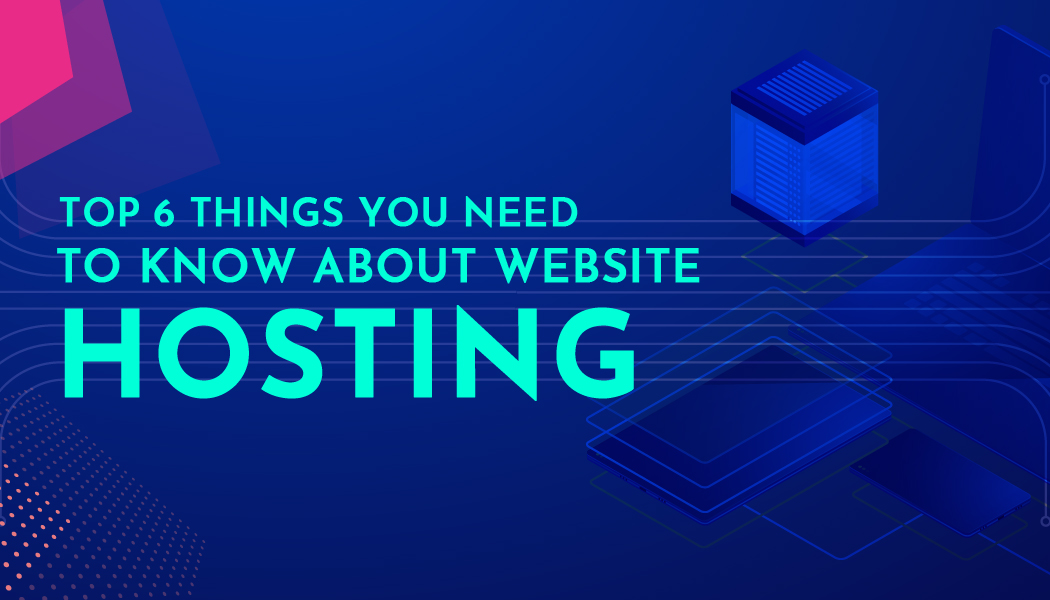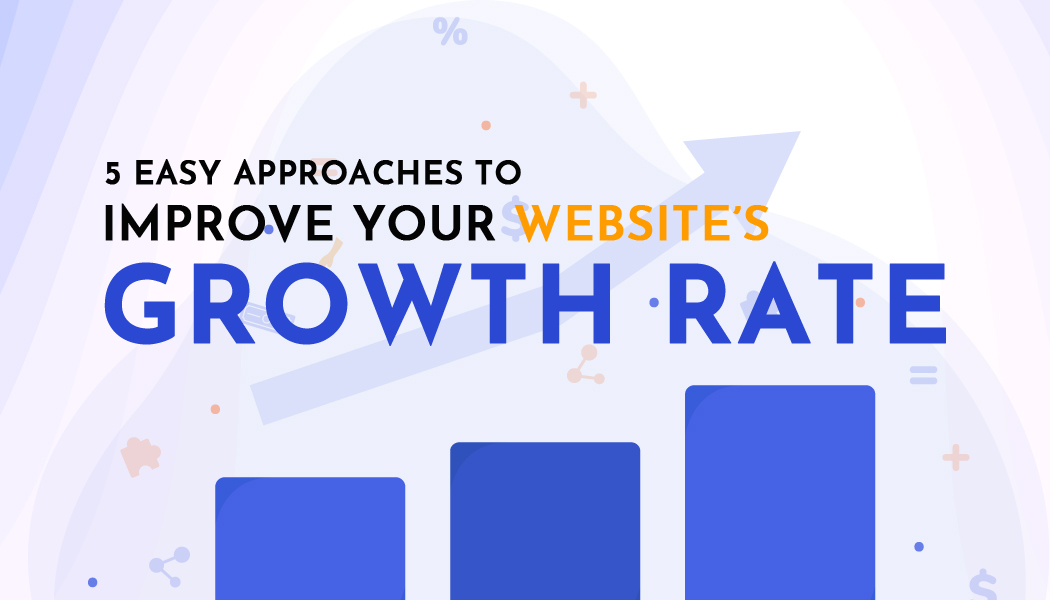Top 6 Things You Need to Know About Website Hosting
Having an online presence is one of the most important things in the 21st century. A lot of businesses have their own websites, and web hosting is one of the essential elements that make this all possible. Thanks to web hosting, a website is able to stay online and be viewable to visitors.
When you're building your own site, you will need to choose one of the many hosting companies. This choice might seem daunting at first, but it can be very easy if you have a basic understanding of what good hosting is.
You can also check at Mango Matter Media countrywise website hosting comparisons.
Below are the top things you need to know about web hosting which will help you understand it better and make the right choice.
Types of hosting
All web hosting providers basically do the same thing: keep your website running on the internet. But there are several different types of hosting which all work in slightly different ways. The type of hosting you choose can impact your website’s performance significantly.
And even though there are a few different types of hosting, the two types which are most often mentioned and compared are shared hosting and dedicated hosting. Before you make your decision on which type you want, it’s important to understand the differences between shared and managed hosting.
Shared hosting
This is the most frequently offered and cheapest type of hosting. With shared hosting, multiple different websites share one server. If you use shared hosting, your website is stored in the same location as multiple other websites. This means that you have to share CPU time, disk space, data, and memory with those websites.
This type of hosting is great for those websites which don't generate a lot of traffic. A website that uses shared hosting will have slower load times, higher downtimes, and less security. However, the biggest appeal of this type of hosting plan is its low cost.
Dedicated hosting
Dedicated hosting is a much different option than shared hosting, as it provides a considerably better service. Companies that provide this type of hosting take care of issues such as updates, security, and backups, which is something that shared hosting doesn't offer.
Dedicated hosting provides higher speeds and better security, which automatically makes it a safer option, especially for websites with a lot of traffic. However, due to its extra services, it is a more expensive option than shared hosting.
The difference between your domain name and web hosting
A lot of people sometimes confuse domain names with web hosting and vice versa, as they aren’t aware that these are two completely different things.
To put it simply, a domain is the name of your website and an easy-to-remember way for people to find your website online. It’s the address someone would need to type in their browser’s URL in order to access your website.
Web hosting, on the other hand, is the place where all of your website’s files are located. While domain names and web hosting are two different things, they need to work together so your website could exist online.
If your website was a house, your domain name would be its address. Your web hosting, on the other hand, would be the physical house where all of your things are located.
If this didn’t clarify the difference for you, take a look at this domain name vs. website hosting comparison to get a better understanding of the difference between the two.
The importance of speed

When you’re choosing your web hosting provider, make sure you choose a fast one. High-speed hosting services are crucial if you want your website to be successful. A fast-loading website isn’t only important to the site owners, but to its visitors as well.
The advantages of having a fast-loading website are:
-
A higher SEO ranking. There are a few factors Google takes into consideration when choosing how high to place a website on its ranking list. One of those factors is speed. That is why website speed should be one of the crucial elements of your SEO strategies. If you choose a fast web hosting provider, your website will have a higher ranking position on Google and other search engines.
-
User satisfaction. People expect fast loading when they visit a website. Moreover, they will leave it if they aren’t satisfied with the loading speed. According to statistics, 40% of people will abandon a website if it takes longer than 3 seconds to load.
Data storage and bandwidth
Before you choose a web hosting provider, make sure to research the data storage and bandwidth you will have.
Data storage is the amount of space on a web server that is assigned by a hosting provider to a website owner. This space a provider offers you will be in gigabytes, terabytes, or sometimes even unlimited.
Bandwidth, better known as data transfer, is the amount of data that will be able to pass from your website during a certain time period. If your website has a lot of traffic, that means more data transfer, so it's important to choose a hosting that allows a lot of bandwidth.
Scalability
Another important thing to take into consideration is scalability. Even if your website may currently be small and doesn't have a lot of visitors, that could change sooner than you may think.
All website owners strive to have thousands of visitors on their websites daily, but can your web hosting support that much traffic?
A good web hosting provider should be able to easily scale and upgrade to accommodate the amount of traffic coming to your website. This could become an issue if you have shared hosting, so make sure to keep a close eye on your website's traffic. If your hosting can't keep up with traffic growth, it's probably time to change it.
Customer service

The type of hosting and its characteristics shouldn't be your only concern. Customer service should also be one of your biggest concerns when you're choosing a web host. After all, a number of technical problems may arise for this reason or that. And in those situations, it's important to have good customer support.
Websites can crash or be hacked, servers can go down, and that can be a huge issue for any website owner. That's why you should probably look for a hosting provider that has a support team available through several communication channels 24/7.
While most hosting providers claim that they have fast-acting and helpful support teams, that isn't always the case. Make sure to look at customer reviews and ratings before making a long term commitment. If a provider really has good customer service, the reviews will show that.
What happens when you make the wrong choice?
There are a few reasons why you should do extensive research on web hosting before you decide on the one you actually want to use.
The wrong choice can have a lot of negative repercussions for your website, such as:
-
Low SEO ranking. As mentioned before, the ranking your website has on Google is a crucial part of your success. If you choose poor web hosting, your SEO ranking will plummet due to slow page loading. It is very simple: a website that is constantly slow or down attracts very little traffic.
-
Limited security. Different web hosting companies provide different levels of security. If you make a bad choice, you will end up with limited or possibly even no security at all. And if this happens, your website will be at risk of being hacked or damaged, and that will cost you time and money, not to mention nerves.
-
Lost revenue. If your website crashes or gets hacked because of low-quality hosting, you will lose a lot of revenue. If customers can’t access your website, they won’t be able to buy your products and services or read your blog. This won’t only cost you money, but also damage your brand.




